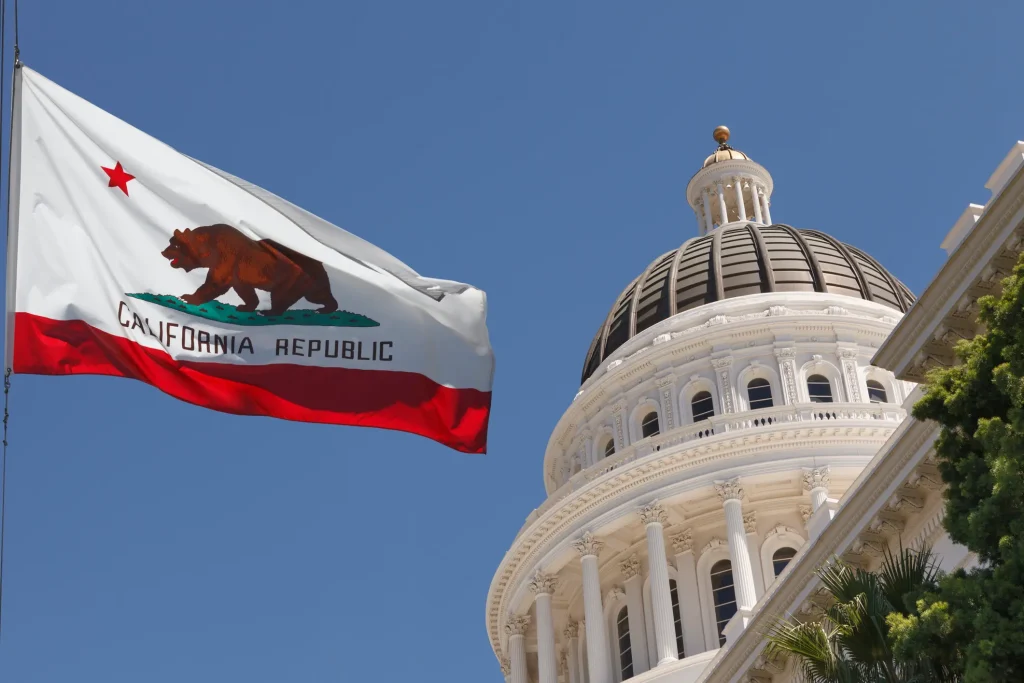California Delays Rulemaking for Climate Disclosure Laws SB 253 and SB 261, Releases Draft Emissions Template

- CARB postpones initial rulemaking for California climate disclosure laws SB 253 and SB 261 to early 2026.
- Draft guidance and a voluntary Scope 1 and 2 emissions reporting template released for feedback through October 27.
- Reporting deadlines remain unchanged, with enforcement flexibility expected in early cycles.
Rulemaking shift to 2026
The California Air Resources Board (CARB) announced it will delay the initial rulemaking for the new California climate disclosure laws SB 253 and SB 261 into the first quarter of 2026. The process had been scheduled for October 2025.
CARB said the postponement reflects the high volume of public feedback and ongoing discussions about which companies fall within the scope of the rules. Despite the delay, reporting deadlines remain unchanged, and CARB plans to use enforcement discretion during the first cycles of implementation.
Scope and requirements
Signed into law by Governor Gavin Newsom in October 2024, SB 253 and SB 261 create the most expansive corporate climate reporting framework in the United States.
- SB 253 – Climate Corporate Data Accountability Act: Applies to companies with annual revenues above $1 billion doing business in California. It requires annual disclosure of Scope 1, 2, and 3 greenhouse-gas emissions.
- SB 261 – Climate-Related Financial Risk Act: Applies to companies with revenues above $500 million and requires public climate-risk reports by January 1, 2026.
Scope 1 and 2 reporting begins in 2026 (covering FY 2025), while Scope 3 value-chain emissions follow in 2027. CARB has identified more than 4,000 U.S. companies expected to comply.
Draft template for Scope 1 and 2 reporting
Alongside the timeline update, CARB issued a draft Scope 1 and 2 emissions reporting template for companies under SB 253. The template covers:
- Organizational information and reporting contacts.
- Third-party verification details and assurance levels.
- Inventory boundaries and methodologies used.
- Quantified emissions from mobile combustion, process sources, and purchased energy.
- Materiality thresholds and optional base-year data.
Use of the template is voluntary for the 2026 reporting cycle, though CARB may require additional data in future years. Public comments are open through October 27, 2025.
Outlook
The delayed rulemaking gives CARB more time to refine technical details while companies begin preparing for mandatory disclosures under SB 253 and SB 261. The agency’s draft template offers early guidance for what is set to be the most comprehensive state-level climate reporting regime in the U.S.









